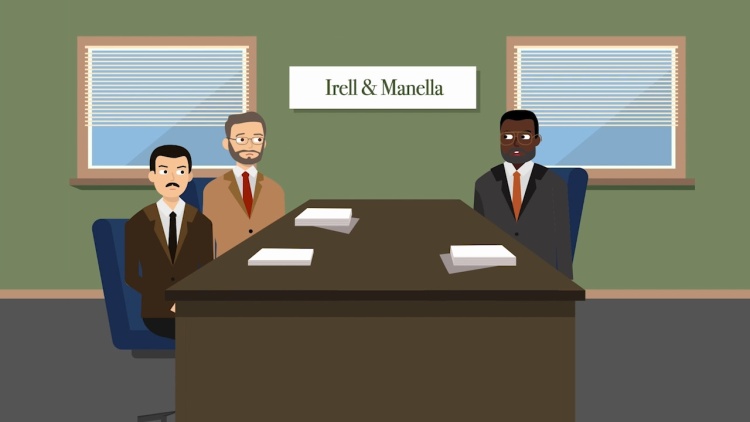United States v. Ruehle
United States Court of Appeals for the Ninth Circuit
583 F.3d 600 (2009)
- Written by Abby Roughton, JD
Facts
In 2006, the United States Securities and Exchange Commission (SEC) investigated Broadcom Corporation for allegedly backdating employee stock options. Several private parties also sued Broadcom over its alleged backdating practices. Broadcom’s chief financial officer, William Ruehle (defendant), was named as a defendant in those private suits. Broadcom subsequently hired the law firm of Irell & Manella to investigate its stock-option-granting practices. Lawyers from Irell interviewed Ruehle on June 1, 2006. Ruehle made incriminating statements during the interview. The lawyers then gave Ruehle’s statements and other information from Irell’s investigation to the accounting firm of Ernst & Young, Broadcom’s external auditors. The United States (plaintiff) later conducted a criminal investigation of Ruehle. As part of that investigation, prosecutors interviewed the Irell lawyers about the June 1, 2006, interview with Ruehle. The district court held an evidentiary hearing about whether Ruehle’s statements to the Irell lawyers were protected by the attorney-client privilege. The Irell lawyers testified that before speaking to Ruehle, they gave him notice that they were acting as Broadcom’s lawyers and that the attorney-client privilege belonged only to the company. Ruehle testified at the hearing that he did not recall any warnings about the privilege applying only to Broadcom, and he asserted that he had a personal attorney-client relationship with Irell because he was a named defendant in the private lawsuits. However, Ruehle also testified that he understood Irell would be disclosing information from its investigation to the auditors at Ernst & Young. The court found that Ruehle had a reasonable belief that the Irell lawyers were his personal lawyers, that he did not consent to the disclosure of his statements to Ernst & Young, and that he intended his statements to the Irell lawyers to be confidential. The court ordered the suppression of the statements and referred Irell to the California State Bar for potential discipline based on its handling of the Broadcom investigation. The government appealed the court’s order to the United States Court of Appeals for the Ninth Circuit.
Rule of Law
Issue
Holding and Reasoning (Tallman, J.)
What to do next…
Here's why 907,000 law students have relied on our case briefs:
- Written by law professors and practitioners, not other law students. 47,100 briefs, keyed to 996 casebooks. Top-notch customer support.
- The right amount of information, includes the facts, issues, rule of law, holding and reasoning, and any concurrences and dissents.
- Access in your classes, works on your mobile and tablet. Massive library of related video lessons and high quality multiple-choice questions.
- Easy to use, uniform format for every case brief. Written in plain English, not in legalese. Our briefs summarize and simplify; they don’t just repeat the court’s language.







